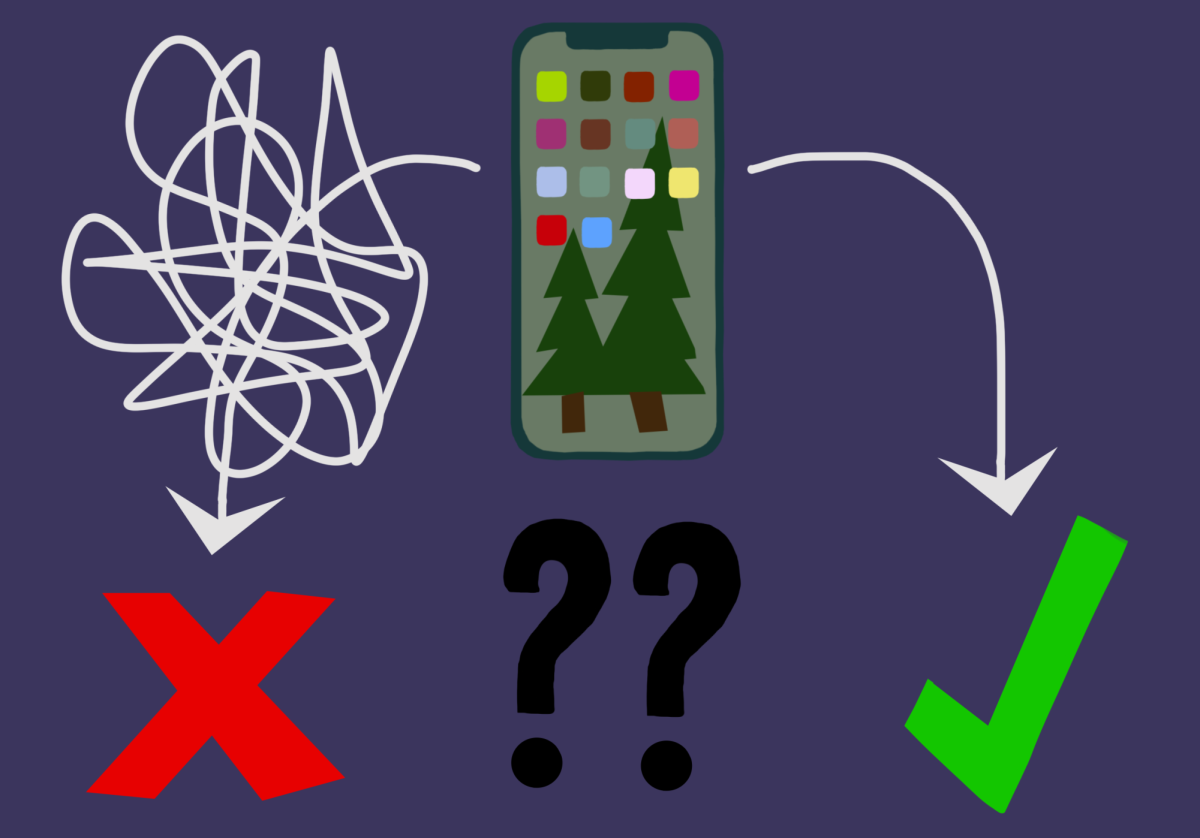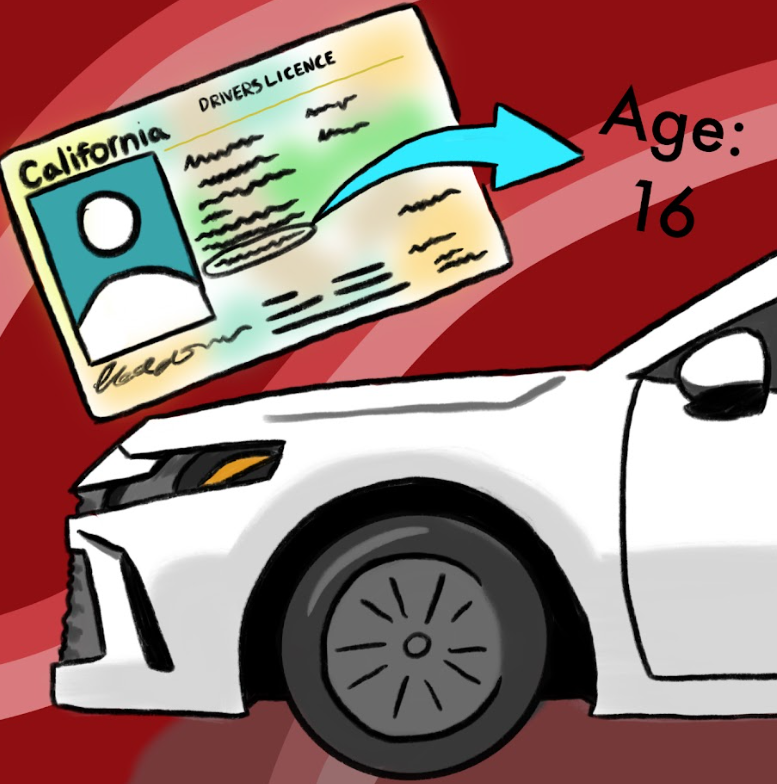Over the past hundred years, humans have created new technologies for their basic needs. With the creation of new technology comes the acceleration of information and the way we can do things. For example, transporting information from one town to the next used to take weeks. Nowadays, we can transport large amounts of information in seconds. This rapid exchange of information has revolutionized many aspects of our lives, from communication to healthcare. However, it is important to acknowledge that technology, while offering these benefits, also presents its own set of challenges and complications.
Before we had all these fancy new digital devices, our lives were much more simplistic. Minor details we take for granted are screen radios in cars that had previously only had a simple dial with buttons that change the connection to different music stations without other features like Bluetooth or a map. To even listen to your music or find your way around, you had to own a physical copy of the music via CD and had to use a paper map to be able to find yourself around. People kept address books and had to use public telephone boxes to keep someone’s information so they could contact them. In comparison, all this seems like a hassle nowadays; back then, it was all simple and trustworthy ways of doing things.
In today’s world, people look for two main things when acquiring different technical devices: easily understandable/simple and accurate data. These two essential characteristics are necessary for it to become a suitable device. No precise data means an unreliable product and a complex device means many ordinary and lazy people will be too confused to want to use it.
Applications such as Google, Bing, Yahoo, etc., are all significant search engines that people use daily and need to be more complex to meet the standards of those who use them. If, for example, Google were to have a flaw in which the search engine would give you misleading information about a topic or give you an answer for a whole new topic, then it would lose its reliability as a search engine. In turn, it loses its consumers, pushing them to different sites hoping for answers. That is why technology is a problem; if any mishap or screw-up were to happen in its use, it would lose its worth and be wiped from the internet.
This complexity, however, was never the original problem that was so complex; it was the people’s needs that molded over time to create these complex desires. We, the people, have created an over-dependence on technology, be it your cell phone, laptop, computer, or even your mother’s washing machine that you barely know how to work because of how many buttons there are; we all have an over-dependence on them, which causes problems. A dependency on something to make one’s life easier will leave them distracted and lazy, with the expectation that the device will do the hard work for them. They are so sucked into it that they lose track of time, responsibilities, and the environment around them. In addition, privacy is primarily nonexistent when the internet is accessed because every single person’s account ( yes, even you) has in some way, shape, or form been spied on by something on the internet. Some sites are known for listening through the device’s speakers to give users ads based on what is being discussed ( like Siri, except without the verbal command). Lastly, the vastness of technology tends to get people wrapped up in too many things at the same time, leading to constant burnouts, overconsumption of information, and creating ideas that can hurt someone, give them anxiety/depression, and lead them to harm others.
Technology is a wonderful tool that makes our lives easier and more efficient. However, as the saying goes, ‘Too much of a good thing can be bad.’ It is important to use technology in moderation to avoid potential problems. Take a break, step outside, read a book, or socialize. By finding a balance, you can simplify your day and make the most of technology.











